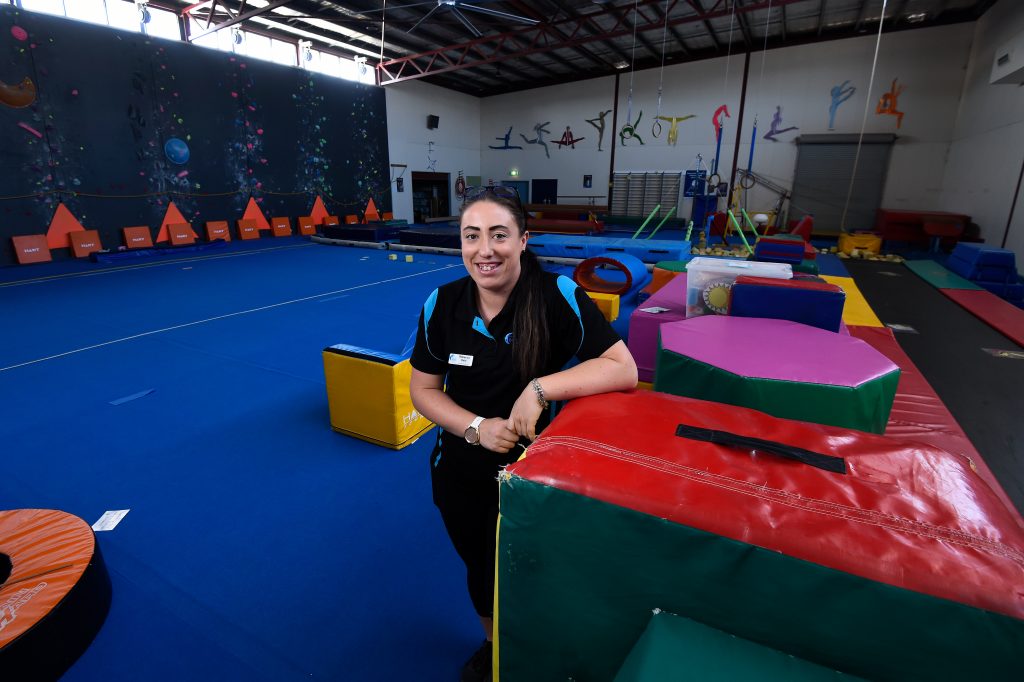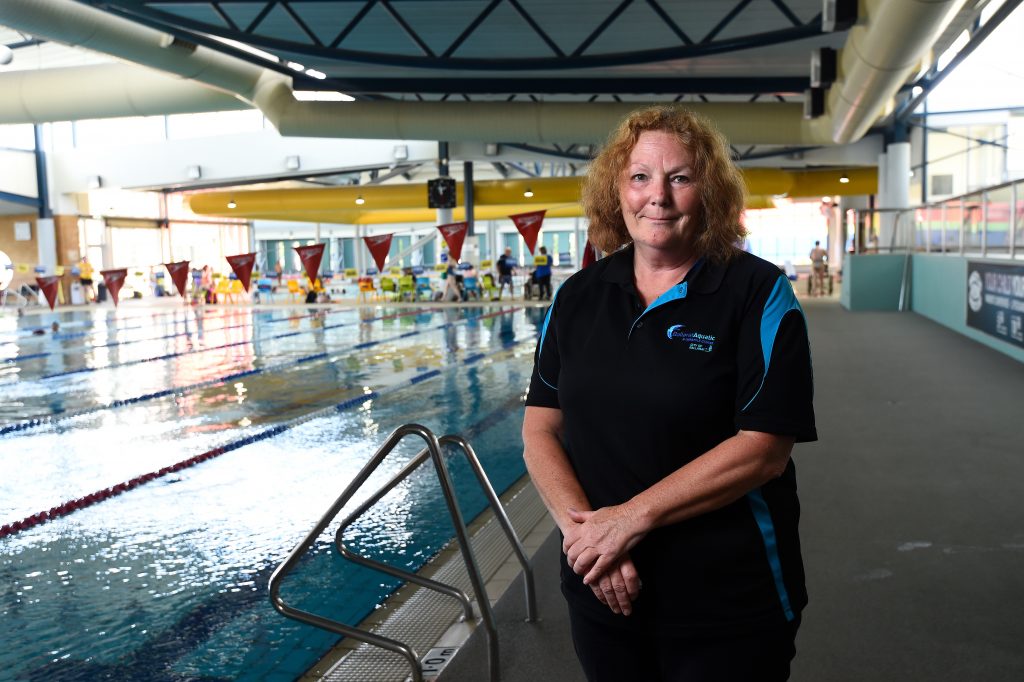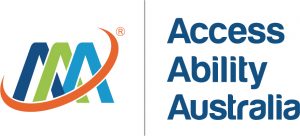Prioritising access and inclusion may seem like a daunting task without proper guidance or the right knowledge.
Do you need support on what you can do next to keep improving?
Latrobe Community Health Services (LCHS) have put together some ‘case studies’ of organisations or projects that are setting the standards for better access and inclusion.
CASE STUDY: All abilities access available at Ballarat Aquatic and Lifestyle Centre
A leisure centre in the heart of regional Victoria offers more than your standard fitness experience.
The Ballarat Aquatic and Lifestyle Centre kicked off 2020 by launching sensory quiet times and sensory-friendly programs across its centre.
Sensory quiet periods reduce anxiety and sensory stress for people who value quieter, less stimulating environments. Aside from dimming the lights, turning down the radio and encouraging other patrons to keep noise to a minimum for a set period, the centre has also introduced sensory balance play, water playgroup and private swimming lessons for people with sensory sensitivities.
“Our team takes pride in the accessibility of our centre,” BALC Centre Manager Gerald Dixon says.
“We’re always on the lookout for initiatives that will improve the centre and our programs to meet the needs of all members of the community.”
The sensory quiet times were developed with feedback from, and in consultation with, members and users of the Ballarat Aquatic and Lifestyle Centre, as well as the Central Highlands NDIS Local Area Coordination Service, Sports Central and the Ballarat Autism Network.
“We work closely with our key stakeholders to increase accessibility to the centre and the independence and confidence of people of all abilities,” Mr Dixon says.
“We know sensory-friendly environments are essential to many people with an autism spectrum disorder and their families, and we’re delighted to provide regular sensory quiet timeslots for our patrons.”
Lights are dimmed, music and announcements turned off (unless there’s an emergency) and signage placed at the front desk 10 minutes before each sensory quiet session begins. Patrons can attend a gymnastics class, aquatic lesson or have a casual swim in a quiet environment, with two sensory-friendly group change rooms available during this time.
As part of its inclusive approach, the centre also ensures customers have consistent swimming teachers and gymnastic coaches wherever possible. Processes are in place to alert customers if there are last-minute changes due to illness or emergency.
“We’ve implemented a weekly staff catch-up to share learnings from these inclusive initiatives and discuss opportunities to improve,” Mr Dixon says.
“Feedback from staff and our customers is crucial – this will inform the future look of our sensory quiet times and other accessible features at the centre.”
CASE STUDY: Bank of Melbourne invests in technology and staff training
A small investment has changed the way people with hearing impairments can do their banking.
Portable desktop hearing loops were rolled out in some Bank of Melbourne branches, allowing people who wear hearing aids to interact independently with staff, without needing a quiet space.
A hearing loop is a sound system that cuts out unwanted background noise, so only relevant sound goes directly into a person’s hearing aid.
Bank of Melbourne introduced the system for its Ballarat branch in early 2019 after completing an accessibility self-assessment. With customers making regular use of the device, it was soon made available in a number of other branches.
Bank of Melbourne also rolled out staff training on interacting with people who have complex communication needs, to complement the introduction of the hearing loops.
“For Bank of Melbourne, technology and physical access were a significant part of the approach. But it was just as important to create a culture where people with disability are served in a way that suits their needs,” Bank of Melbourne Regional Executive Brendan Grenfell says.
Find out more at bankofmelbourne.com.au/accessibility
LCHS have also put together a discussion paper that profiles the lived experience of people with disability. AAA Access Keys feature as a case study in this report. You can read the report here.
LCHS are an NDIS partner in the community in Sydney, Melbourne and parts of regional Victoria. They are raising awareness of the needs of people with disability and how the broader community can be more inclusive.
Their work with community and service providers involves building inclusion and awareness of the needs of people with disability.
For further information contact the AAA team or LCHS.
Photo courtesy of Ballarat Courier.



